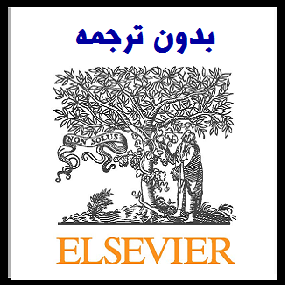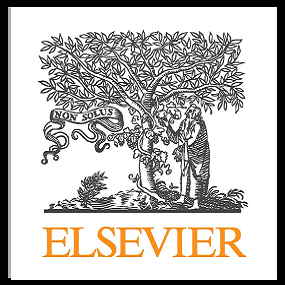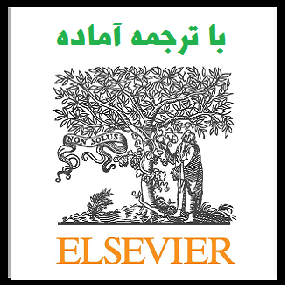دانلود رایگان مقاله مهاجرت وظایف برای رایانش لبه موبایلی – سال 2019


مشخصات مقاله:
عنوان فارسی مقاله:
مهاجرت وظایف برای رایانش لبه موبایلی با استفاده از یادگیری تقویتی عمیق
عنوان انگلیسی مقاله:
Task migration for mobile edge computing using deep reinforcement learning
کلمات کلیدی مقاله:
مهاجرت سرویس، رایانش لبه موبایل، یادگیری تقویتی عمیق
مناسب برای رشته های دانشگاهی زیر:
مهندسی کامپیوتر – مهندسی فناوری اطلاعات
مناسب برای گرایش های دانشگاهی زیر:
رایانش ابری – هوش مصنوعی – الگوریتم و محاسبات – شبکه های کامپیوتری
وضعیت مقاله انگلیسی و ترجمه:
مقاله انگلیسی را میتوانید به صورت رایگان با فرمت PDF با کلیک بر روی دکمه آبی، دانلود نمایید. برای ثبت سفارش ترجمه نیز روی دکلمه قرمز رنگ کلیک نمایید. سفارش ترجمه نیازمند زمان بوده و ترجمه این مقاله آماده نمیباشد و پس از اتمام ترجمه، فایل ورد تایپ شده قابل دانلود خواهد بود.
فهرست مطالب:
Outline
Highlights
Abstract
MSC
Keywords
۱٫ Introduction
۲٫ Related work
۳٫ System model
۴٫ Problem formulation
۵٫ DQN Based task migration algorithm
۶٫ Performance evaluation
۷٫ Conclusion
References
قسمتی از مقاله انگلیسی:
Abstract
Mobile edge computing (MEC) is a new network architecture that puts computing capabilities and storage resource at the edges of the network in a distributed manner, instead of a kind of centralized cloud computing architecture. The computation tasks of the users can be offloaded to the nearby MEC servers to achieve high quality of computation experience. As many applications’ users have high mobility, such as applications of autonomous driving, the original MEC server with the offloaded tasks may become far from the users. Therefore, the key challenge of the MEC is to make decisions on where and when the tasks had better be migrated according to users’ mobility. Existing works formulated this problem as a sequential decision making model and using Markov decision process (MDP) to solve, with assumption that mobility pattern of the users is known ahead. However, it is difficult to get users’ mobility pattern in advance. In this paper, we propose a deep Q-network (DQN) based technique for task migration in MEC system. It can learn the optimal task migration policy from previous experiences without necessarily acquiring the information about users’ mobility pattern in advance. Our proposed task migration algorithm is validated by conducting extensive simulations in the MEC system.
1. Introduction
With recent years’ proliferation of various wireless computing applications such as wearable devices, virtual reality and smart-phones, it leads to an explosion of data. Therefore, cloud computing [1] was proposed to provide high quality of service (QoS) for the applications [2]. Meanwhile, some applications also require low latency and the central cloud computing servers need store and transmit tremendous data. These raised drawbacks of traditional cloud computing can be overcome by the Mobile Edge Computing (MEC) [3][4]. The basic idea of MEC is performing the related tasks of the application to the nearby edges of radio access network. The autonomous driving which is currently most concerned topic usually involving diverse kinds of tasking dealing (e.g. localization, road visualization and route planning). By using the MEC technology, cellular operators (the autonomous vehicles) can fulfill multiple tasks efficiently.



